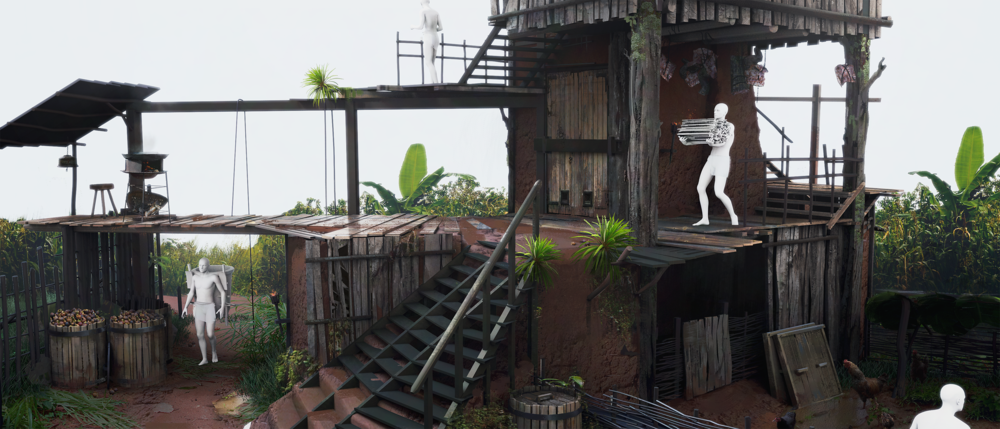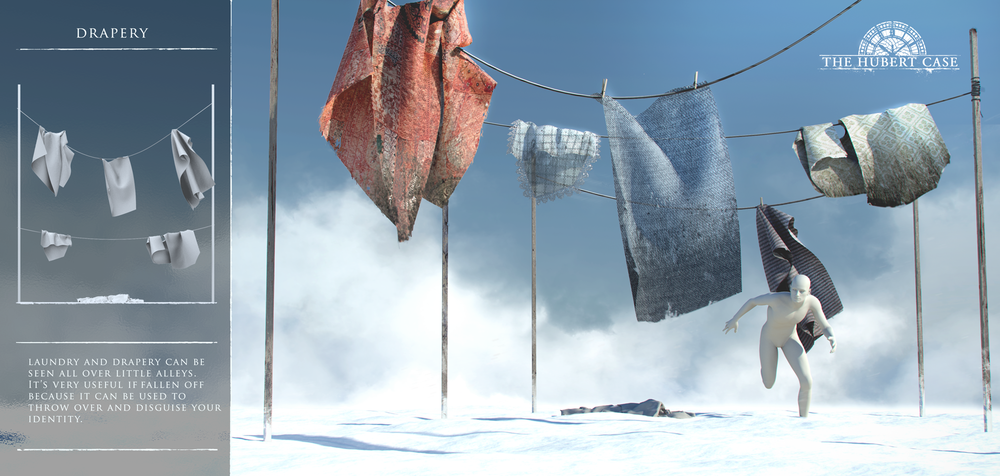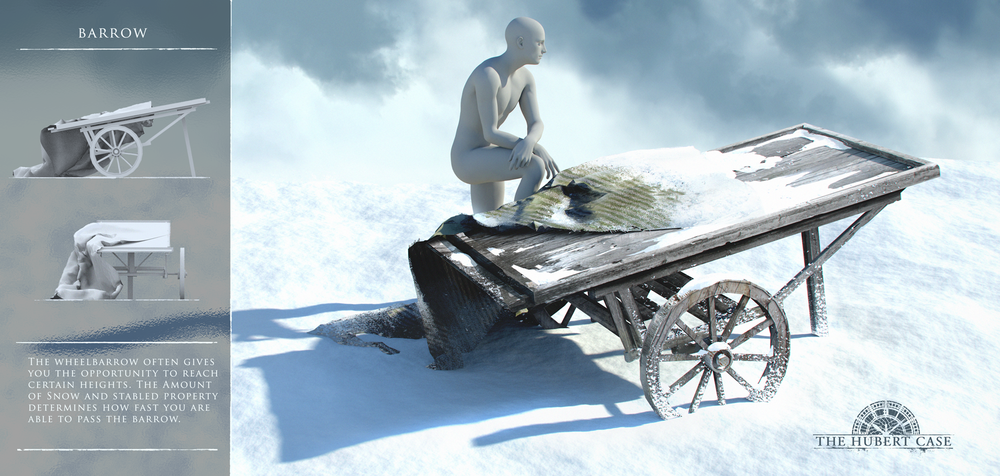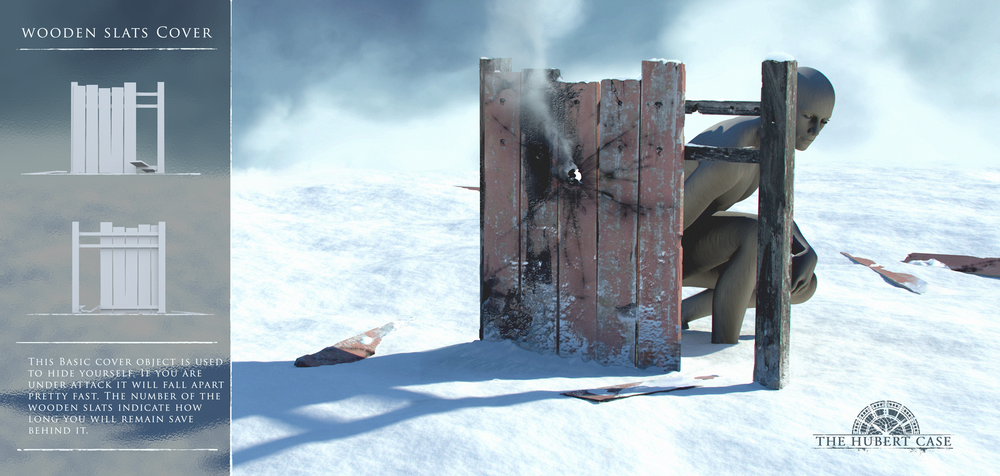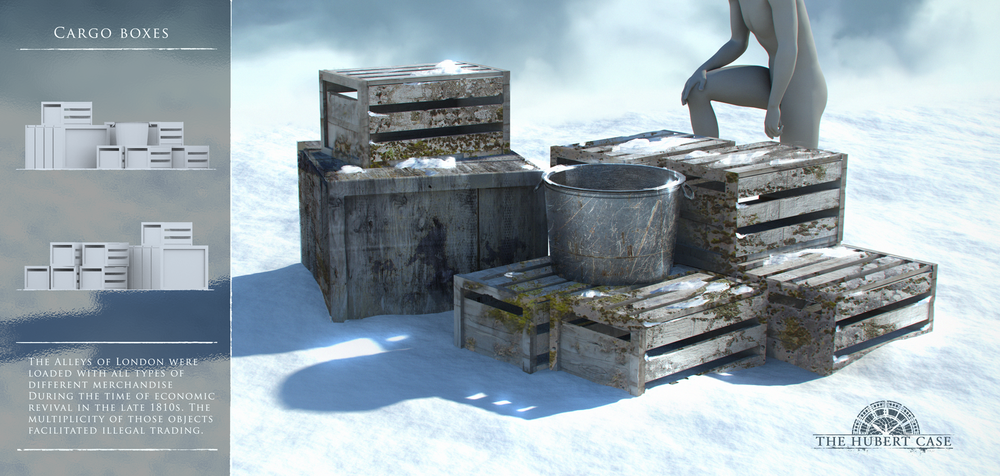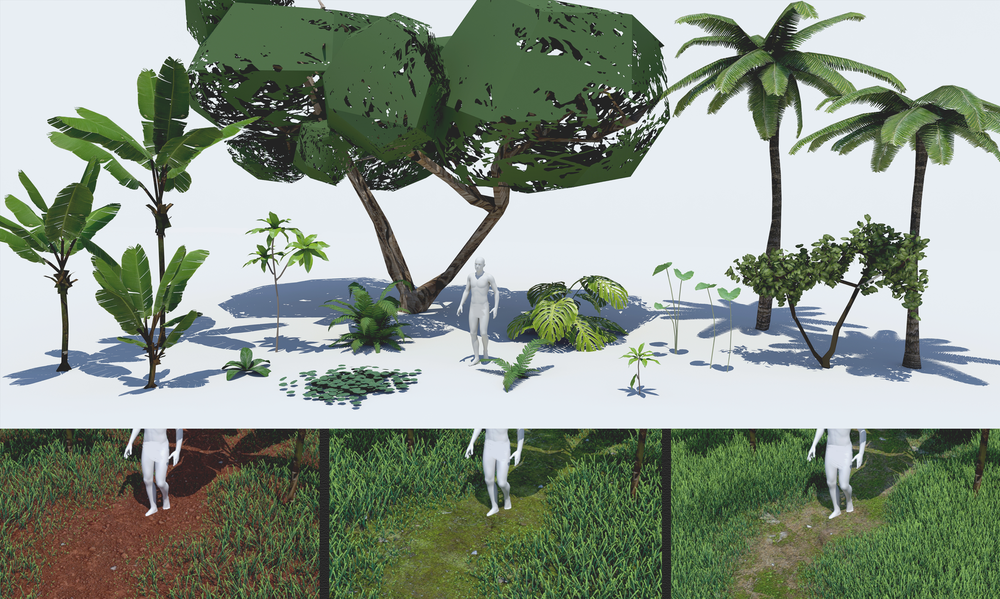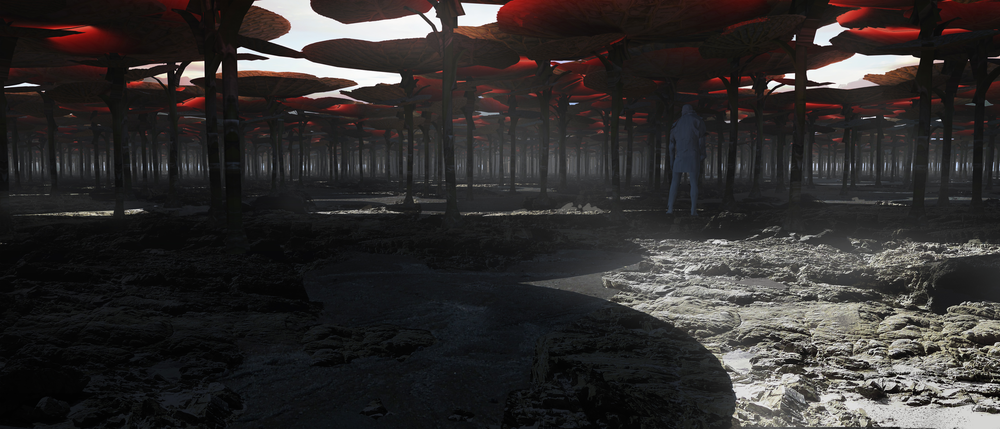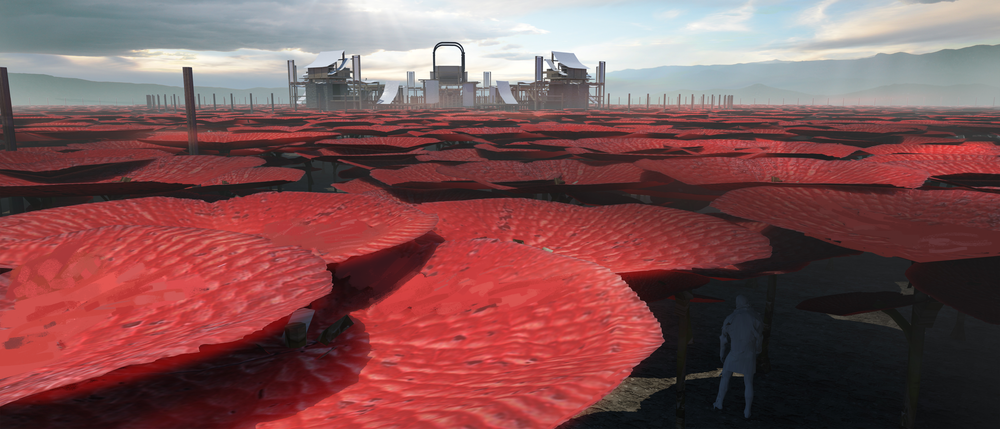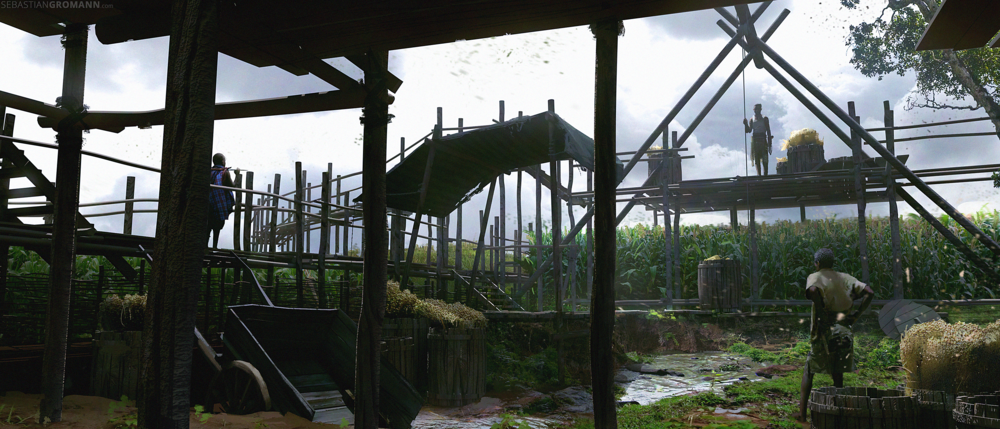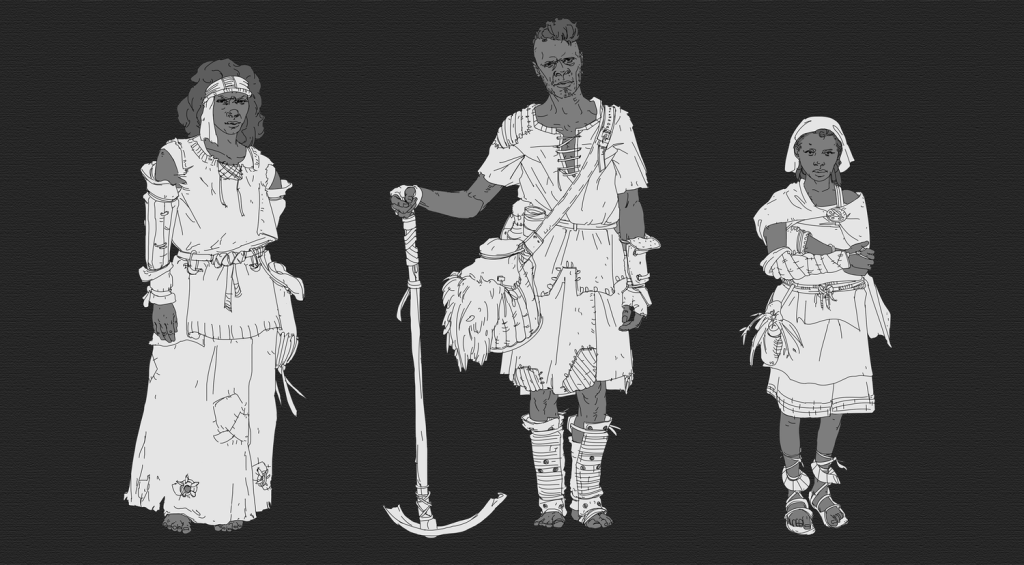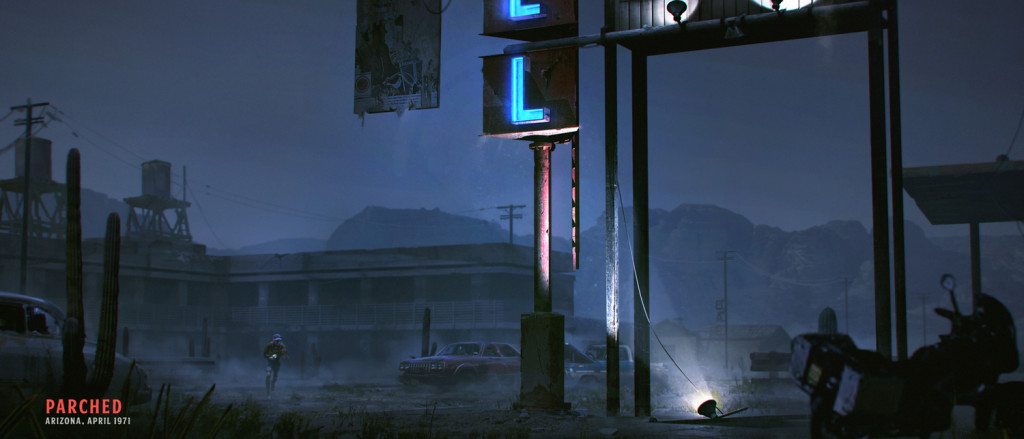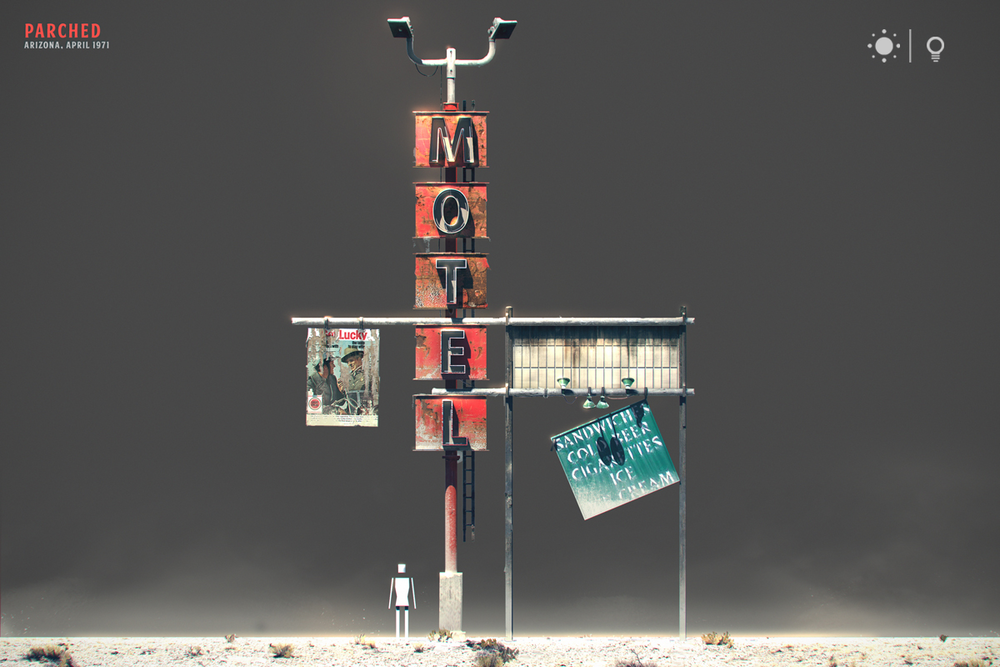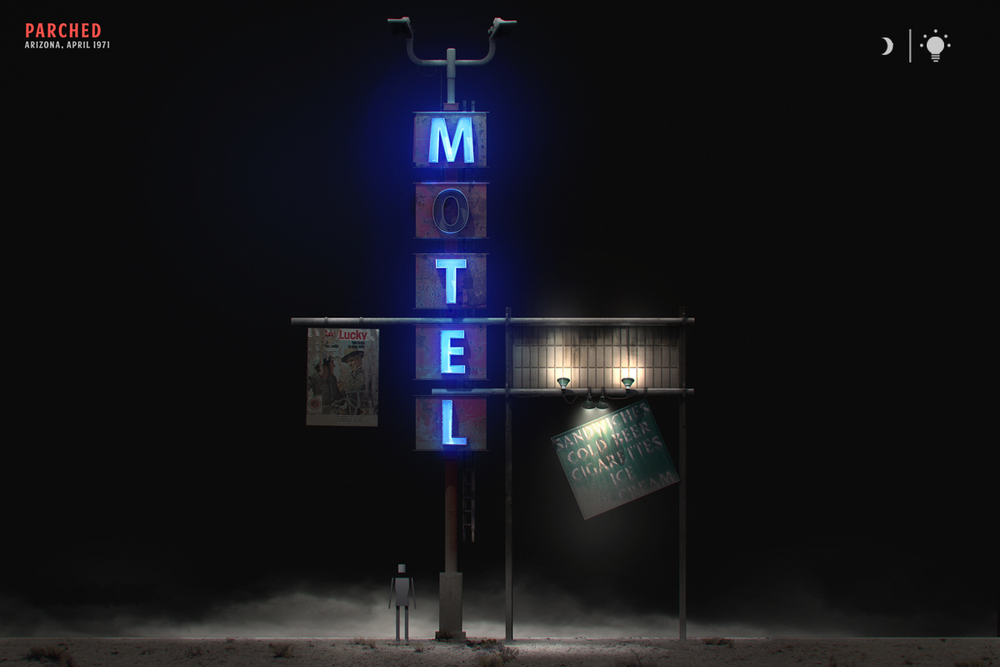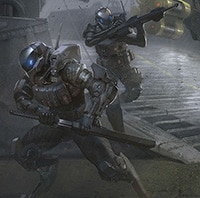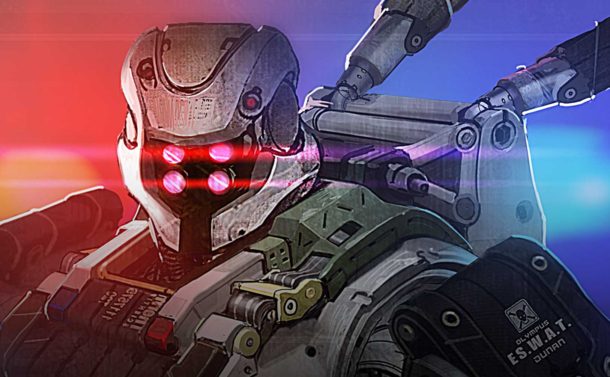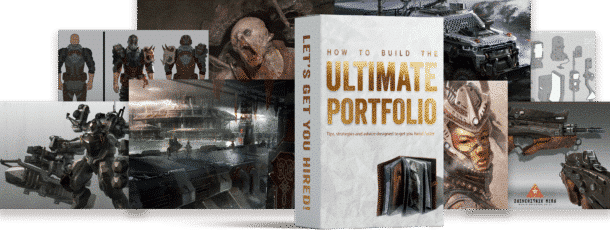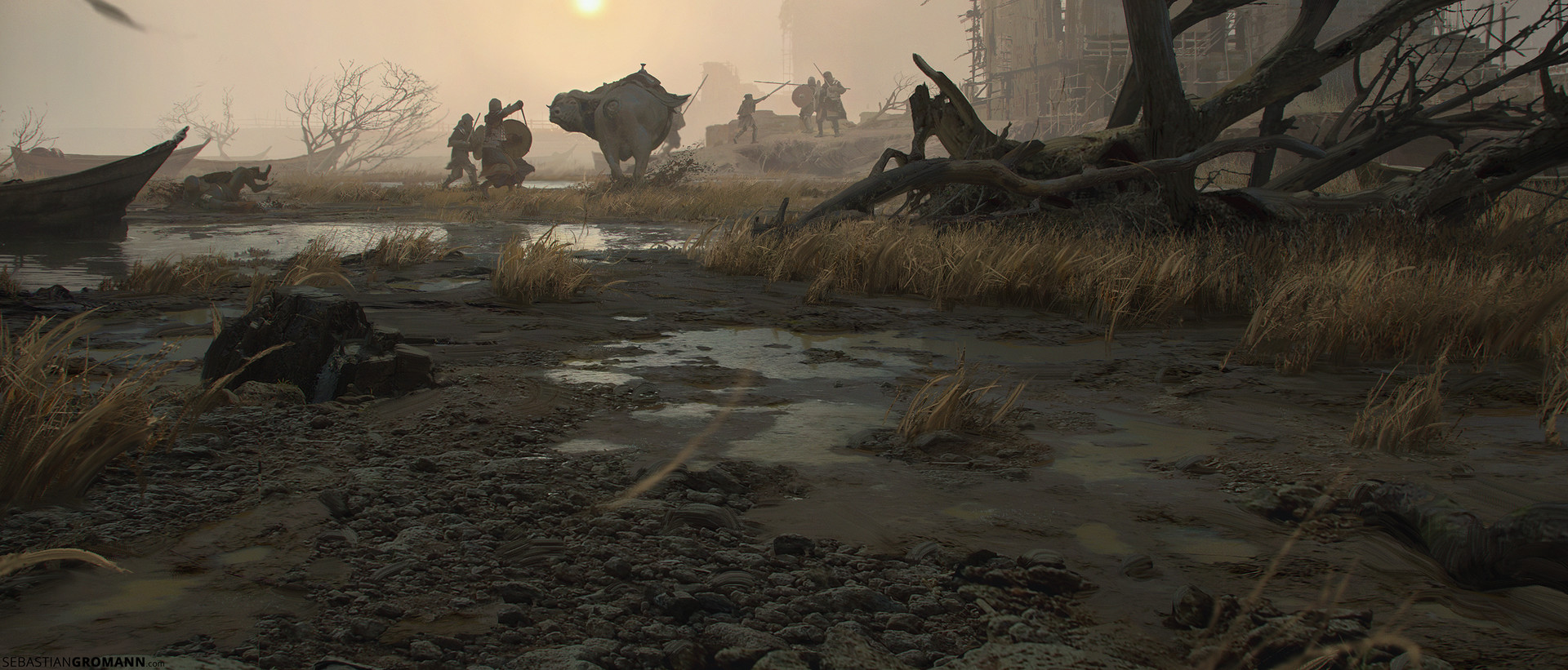
by Hector Ruiz | Jun 25, 2016 | Resources
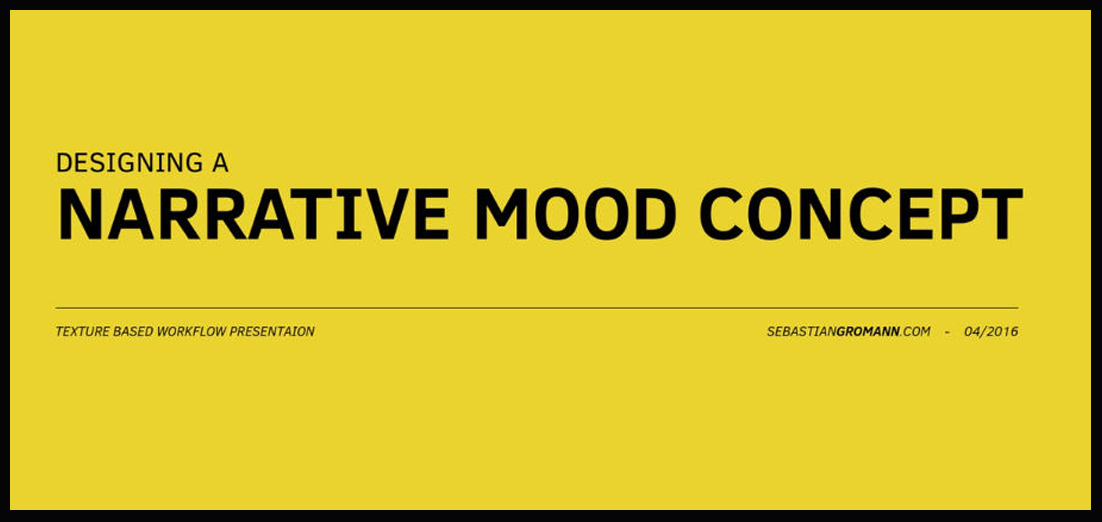
Designing a Narrative Mood Concept
This week ending 06/04/2016 we have gathered a nice resource from 3DTotal.com on Vimeo. In this video, artist Sebastian Gromann goes through an in-depth video tutorial creating an atmospheric illustration while showing his techniques and providing advice. Enjoy!
Click on the link below:
Designing a Narrative Mood Concept with Sebastian Gromann

Want to help us grow our resources section? If a resource has helped you greatly please e-mail it to me or any suggestions
to: me@eliottlillyart.com. I will be keeping this list updated as I discover new entries. Thank you--

by Eliott Lilly | Sep 30, 2015 | Interviews
Sebastian Gromann is a freelance Concept Designer working in the entertainment industry currently living in Berlin, Germany.
Portfolio: www.sebastiangromann.com
Art Station: http://www.artstation.com/artist/SebastianGromann
Facebook: http://www.facebook.com/sebastian.gromann
Sebastian Gromann’s Current portfolio examples:
If you haven’t already, be sure to check out Part 1 of this interview, where we asked Sebastian Gromann specific questions about what it’s like to be a concept artist in the entertainment industry, dispel a few common misconceptions that aspiring artists tend to have about the field, and discuss his educational background. Here, in part two of this interview, we asked him specific questions about, building his portfolio, marketing himself in the industry and more. Here’s what Sebastian Gromann had to say:
HOW DID YOU STRUCTURE THE PORTFOLIO THAT LANDED YOU YOUR FIRST GIG? DID YOUR PORTFOLIO CATER TO THEM SPECIFICALLY? OR WAS IT MORE GENERAL?
In 2011 I was contacted by the amazing Tobias Mannewitz (whose concept work for the Game Of Thrones series you have surely seen already). He was browsing the artwork I posted on a German forum called digitalartforum.de and invited me to their Studio KARAKTER. At that time I was beginning my studies at a university in Berlin and hadn’t thought of applying anywhere since I felt that my works weren’t reliable enough. Speaking of which, at the time, I hadn’t set up a proper portfolio as I have now.
If time allows I always try to match my portfolio to the client’s needs. I also remind myself that my portfolio is only as good as the worst image displayed.
HOW DO YOU DISTINGUISH YOURSELF FROM OTHER ARTISTS? (RENDERING ABILITIES? DESIGN SENSIBILITIES/ STYLE? BRUSH WORK? ETC). WHAT ADVICE DO YOU HAVE FOR ARTIST WHO WANT TO OBTAIN A “STYLE” TO THEIR LOOK.
This is a tough one, Eliott. I read about the style question a lot and I think that artists, myself included, shouldn’t worry about obtaining a certain “style” too early. Style is something that develops over time, it´s kind of the essence of an artist reflecting his aesthetic beliefs and preferences. I wouldn’t recommend copying someone else’s style. Instead, figure out why you are so attracted to this particular way of painting and analyze the artistic influences.
You should concentrate on painting the stuff you like the way you like. Style will rise slowly but steady, no matter what.
Speaking of myself, I like to see “style“ as being a traveling case labeled with stickers. My preferences change quickly depending on the subject I’m currently into and with each studied topic I’ll add a sticker. Right now, for instance, I love to study cinematic framing and let that flow into my daily work. This way my stickers are constantly stacking and determining the look of my travel case – therefore my artistic style.
This concludes part 2 of our interview with Sebastian Gromann . If you haven’t already, be sure to head on over t o Sebastian Gromann’s Words of Wisdom to read more..
All images used with permission by the artist. ©Sebastian Gromann
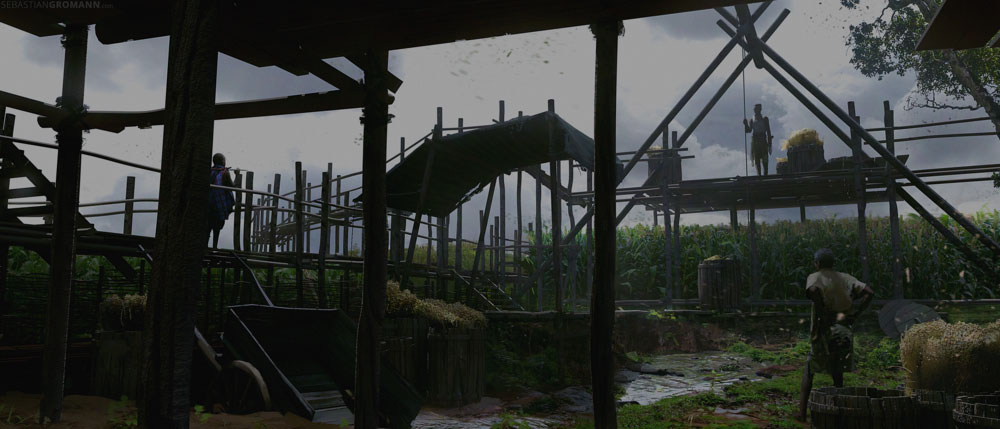
by Eliott Lilly | Sep 30, 2015 | Interviews
Sebastian Gromann is a freelance Concept Designer working in the entertainment industry currently living in Berlin, Germany.
Portfolio: www.sebastiangromann.com
Art Station: http://www.artstation.com/artist/SebastianGromann
Facebook: http://www.facebook.com/sebastian.gromann
Sebastian Gromann’s Current portfolio examples:
In this first part of the interview, we asked Sebastian Gromann specific questions about what it’s like to be a concept artist in the entertainment industry, dispel a few common misconceptions that aspiring artists tend to have about the field, and discuss his educational background. Here’s what he had to say:
AT WHAT AGE DID YOU COMMIT TO BECOMING A PROFESSIONAL ARTIST? WHAT WERE YOUR MOTIVATIONS/ INSPIRATIONS?
I was always passionate about being creative and was filling some blank papers here and there in my early childhood. But I only started to take art seriously when I received my copy of the Guildwars artbook back in 2008. I was totally amazed by the artworks of Daniel Dociu, Jamie Jones and Richard Anderson (flaptraps), to name a few. I found out that creating that imaginary stuff I loved is actually a job called concept art, which you can do for a living.
From that day on I spent most of my free time learning how to draw and paint. The popular website conceptart.org was an enormous influence and motivational boost for me.
WHAT ARE THE BIGGEST CHALLENGES OF YOUR JOB AS AN ARTIST WORKING IN THIS INDUSTRY?
The job of a concept artist brings a daily dose of exciting obstacles. It’s fun to solve creative problems every day and come up with interesting visuals, but at the same time this is also one of the biggest challenges. It’s tough to come up with something new every time, making stuff work and appealing and find a balance between your standards and the requirements of your client.
CAN YOU SHARE A PERSONAL STORY, ABOUT A HARD LESSON THAT YOU LEARNED (ON THE BUSINESS OR ARTISTIC SIDE OF THINGS), THAT COULD HAVE BEEN AVOIDED, HAD YOU BEEN BETTER INFORMED?
One very important lesson I learned and am actually still learning is how valuable time constraints are. This is actually referring to both mentioned sides, the artistic and business one. My first month working at a studio I struggled a lot with finishing my daily tasks. I sometimes caught myself noodling around and repeating a known method without giving myself a specific stopover. I didn’t know any better since the artworks I created for myself at that time were formed by very organic workflow decisions. Furthermore, personal works don’t have any deadlines, which means that I could basically jump from one unfinished spot within the painting to another until I was satisfied with the overall result. This isn’t always a bad thing though, but it’s kinda obstructive when you need to finish a given task within a set time frame, remembering that time is still money. I now know that there are Powerful tools for artists that are available and can help you with all aspects of the job whether it be invoicing or time management. I have learned to utilize all that is available to me.
I personally need to plan ahead and write down small goals I want to archive within a certain time. Writing steps down also forces me to make up my mind on how I should tackle each step. This increases my overall efficiency to a considerable degree.
Sebastian Gromann’s student work from 2008:
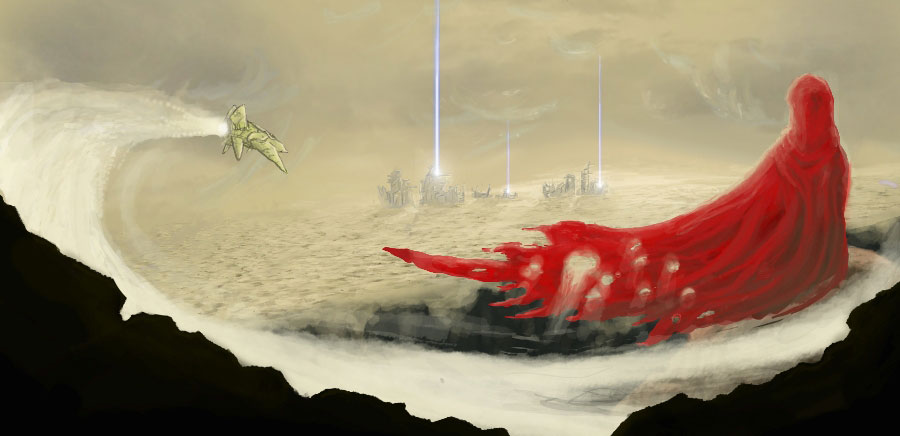
IN THIS DAY AND AGE OF INEXPENSIVE AND EASILY ACCESSIBLE ONLINE TRAINING MATERIALS (YOUTUBE VIDEOS, GUMROAD TUTORIALS, ETC.), HOW VALUABLE DO YOU BELIEVE, GETTING AN EDUCATION FROM A UNIVERSITY OR COLLEGE WILL BE FOR ASPIRING ARTISTS WHO WANT TO BREAK INTO THE ENTERTAINMENT INDUSTRY?
Generally speaking there’s no need for an aspiring artist to graduate from a university or college, because no one is going to ask you about your degree.
Your portfolio and skills are the verification that counts in this industry.
I would also say that it tremendously depends on the individual person. There are numerous concept artists who are fully self taught and broke into the industry with the help of online resources and self-sufficient learning only. Others might need motivational boosts from like-minded people participating together in various art classes.
From my point of view one can always benefit from attending a study program, even if it’s not one’s direct passion or pursued job. For example: the study program I graduated from focuses on game design, (it’s mechanics and process) rather than on game art. As a result, I have learned the basic requirements of game development, and I understand what the guys coming after me in the production pipeline will require of my concepts.
Sebastian Gromann’s student work from 2010:
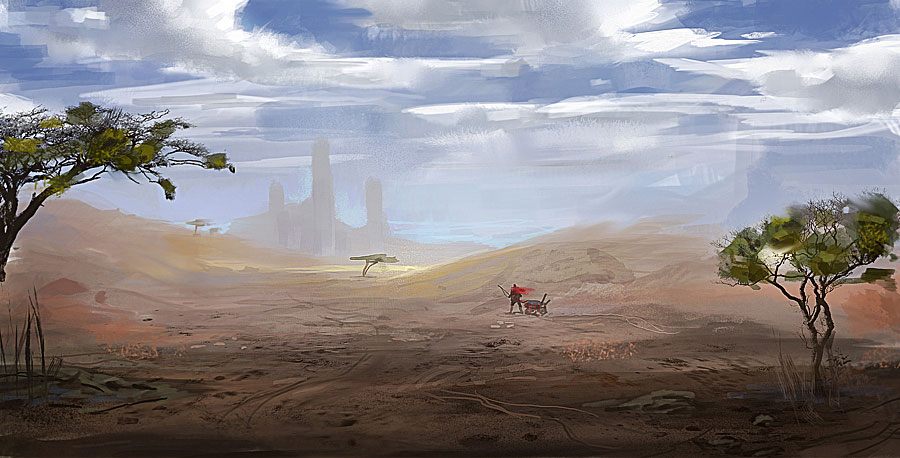
DID YOU HAVE ANY OUTSIDE HELP PUSHING YOU ALONG WITH YOUR TRAINING? LIKE A MENTOR, OR PASSIONATE TEACHER?
I didn’t have any personal mentor, but I was always surrounded by amazing colleagues and likeminded friends. We were always making sure to help one another and to push each other to the next level.
You’ll get an enormous knowledge boost if you surround yourself with people who are better than you.
Sebastian Gromann’s student work from 2012:
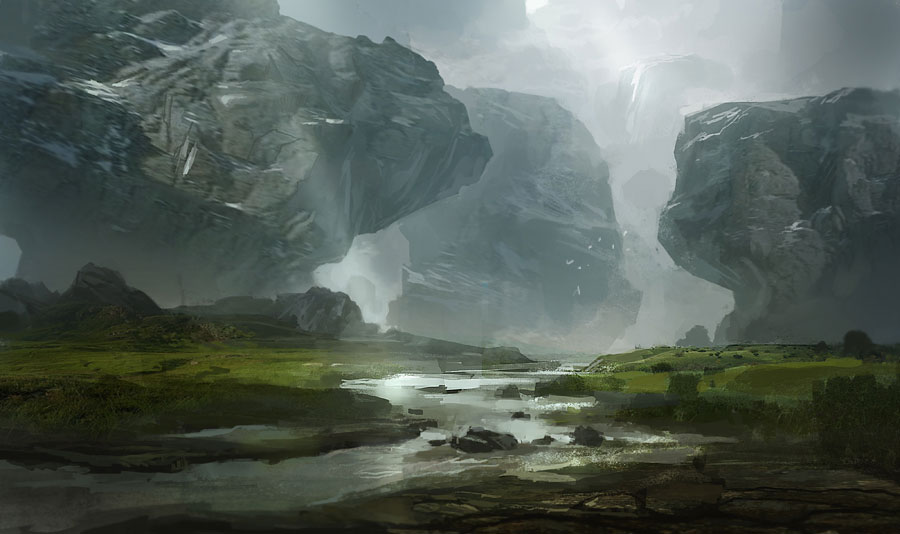
DID YOU STUDY OR TAKE ADDITIONAL CLASSES OUTSIDE OF SCHOOL?
Quite frequently my colleagues and I would attend life drawing sessions with a live model or go straight into the wilderness to draw from nature. It was very refreshing to step away from the computer for a moment and concentrate on real life objectives. Having an evening chat with friends while refining your drawing skills is always great fun, too.
This concludes part 1 of our interview with Sebastian Gromann . In part two, we discuss his Dos and DONTs of portfolio building, How he branded and marketed himself in the beginning, and much more. Head on over to continue reading.
All images used with permission by the artist. ©Sebastian Gromann
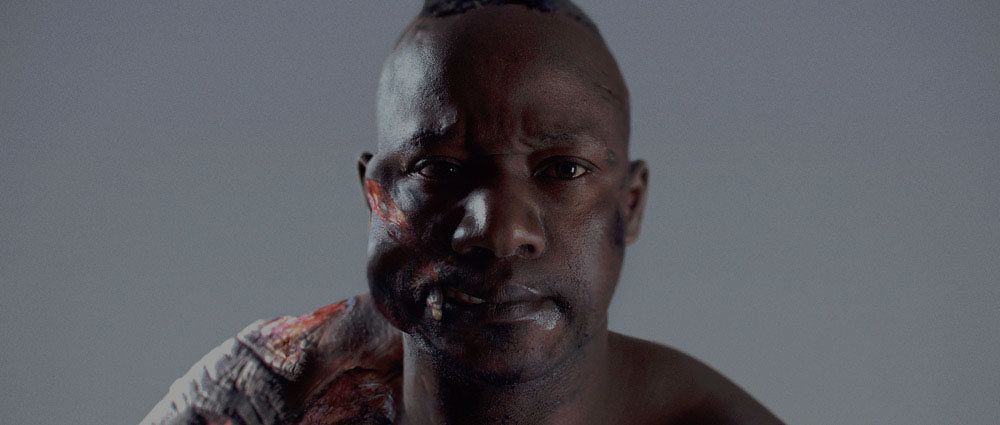
by Eliott Lilly | Sep 28, 2015 | Words of Wisdom
Sebastian Gromann is a freelance Concept Designer working in the entertainment industry currently living in Berlin, Germany.
Portfolio: www.sebastiangromann.com
Art Station: http://www.artstation.com/artist/SebastianGromann
Facebook: http://www.facebook.com/sebastian.gromann
Educational background: Mostly Self-taught, later at University of Applied Sciences (HTW), Berlin, Germany. (Majored in Game Design (BA), March 2015)
Number of years in industry: 3+
Shipped titles/ Projects worked on: A few “AAA” game projects with KARAKTER Design Studio, but sadly they are still under NDA
Current portfolio examples:
WHAT’S THE MOST IMPORTANT PIECE(S) OF ADVICE YOU CAN OFFER STUDENTS THAT YOU WISH THEY HAD TOLD YOU IN ART SCHOOL?
One important thing I frequently remind myself of is to balance my creative workday and my social life. I, for instance, love to play sports in order to keep absorbing new influences. It seems like a strange comparison at first but since our creative passion is totally driven by heavy thinking, there needs to be an element that requires different abilities to keep things balanced. So, playing sports (like soccer) is so valuable to me, because I get to focus on cognitive demands and prevent myself from getting creatively stagnated.
ASSUMING THAT THERE ARE NO SPACE-TIME PARADOX’S INVOLVED… IF YOU COULD GO BACK IN TIME 10 YEARS (KNOWING WHAT YOU KNOW NOW), WHAT WOULD YOU TELL YOUR YOUNGER SELF TO DO DIFFERENTLY IN YOUR CAREER AS AN ARTIST?
“Do not doubt, man!“ – Especially in the beginning of my creative path I wasn’t even sure if working hard would be enough to break into the industry and If I would be able to make a living from being an artist. As cheesy as it sounds, even if my heart said “for sure“ loudly, my mind still was like “nah, probably not“. I guess a lot of aspiring artists can relate to that state of mind. Looking back and following the paths of my colleagues I can easily say that doubt should have been out of place.
If you are passionate about something, then nothing should be able to hold you back or keep you from archiving your goals. Do not waste your time doubting yourself- even if things don’t go the way you carefully planed. Taking different, or unexpected roads is what shapes us as artists and you should focus your energy on positive thoughts and use it. Everything will work out as long as you constantly work hard on your passion.
AS AN ARTIST, WHAT DOES “SUCCESS” MEAN TO YOU?
Success is the result of archiving your personal goals. Therefore, each artist has his or her own definition of success. Some might rank it based on the level of appreciation for what they do, for others success might be based on materialistic things like income. What drives me creating art is to create and explore new, exiting visuals. The purpose is sharing these works, discussing it with comrades and contributing them to a final product. So for me personally “appreciation” is the one attribute that shapes my level of success the most.
All images used with permission by the artist. ©Sebastian Gromann





